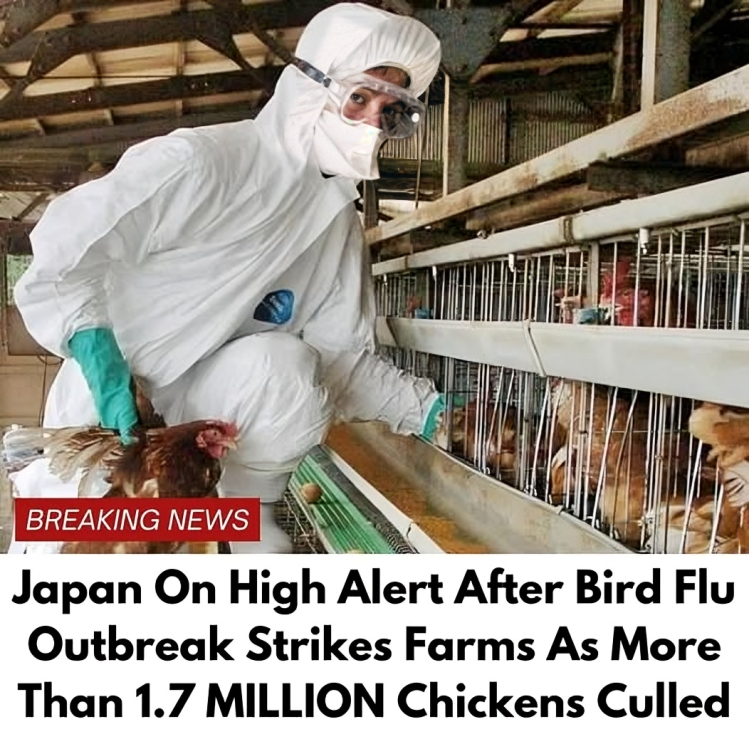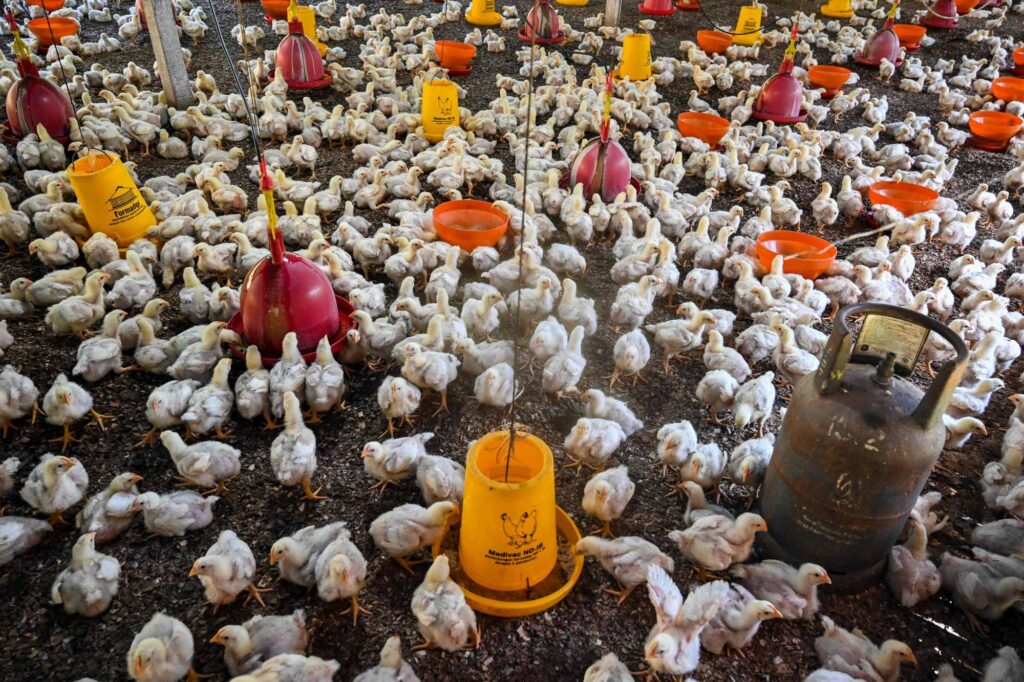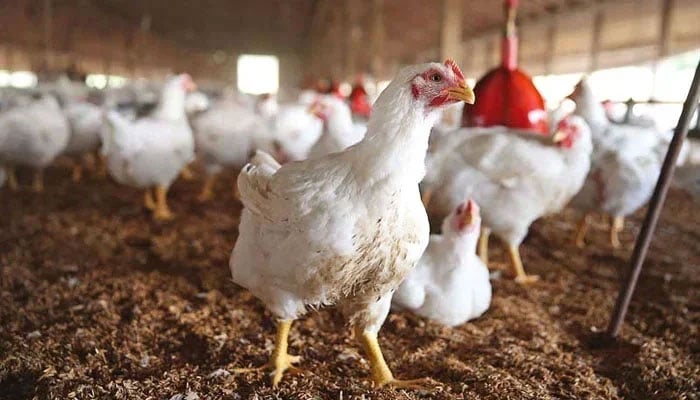
Japanese authorities have been forced to cull 50,000 chickens after a bird flu outbreak at a farm in the northern Iwate region. This marks the 19th bird flu outbreak of the season in Japan, according to the country’s agriculture ministry.
The problem started when farm officials noticed an unusual number of dead chickens, prompting investigations. Lab tests confirmed that bird flu was the cause. In response, authorities ordered the culling of the affected chickens to control the spread of the virus. The Iwate government implemented additional measures to prevent further transmission by banning the movement of 170,000 birds from two nearby farms located within a three-kilometer radius of the infected site.

Furthermore, around 3.8 million birds within a 10-kilometer zone of the affected farm are now restricted, and no birds are allowed to leave the area. This is part of efforts to ensure the virus does not spread further. Earlier in the week, another farm in Iwate and a separate farm in Aichi were also impacted by bird flu, resulting in the culling of 120,000 and 147,000 birds, respectively. These outbreaks have raised concerns, as they suggest that the flu is spreading rapidly through poultry farms in different regions.

The worst-hit area was Ibaraki, where a large outbreak occurred at a farm in late December. There, authorities had to cull 1.08 million birds to control the virus. This rapid increase in outbreaks is putting pressure on Japan’s poultry industry and agricultural authorities to take more stringent measures.

Although the outbreaks have not caused a large-scale public health threat, they are alarming for the agricultural sector, as the culling of birds and restrictions on movement can severely affect production. The government and health experts are continuing to monitor the situation closely to prevent further spread. The spread of avian influenza in Japan remains a major concern for both farmers and consumers alike.
